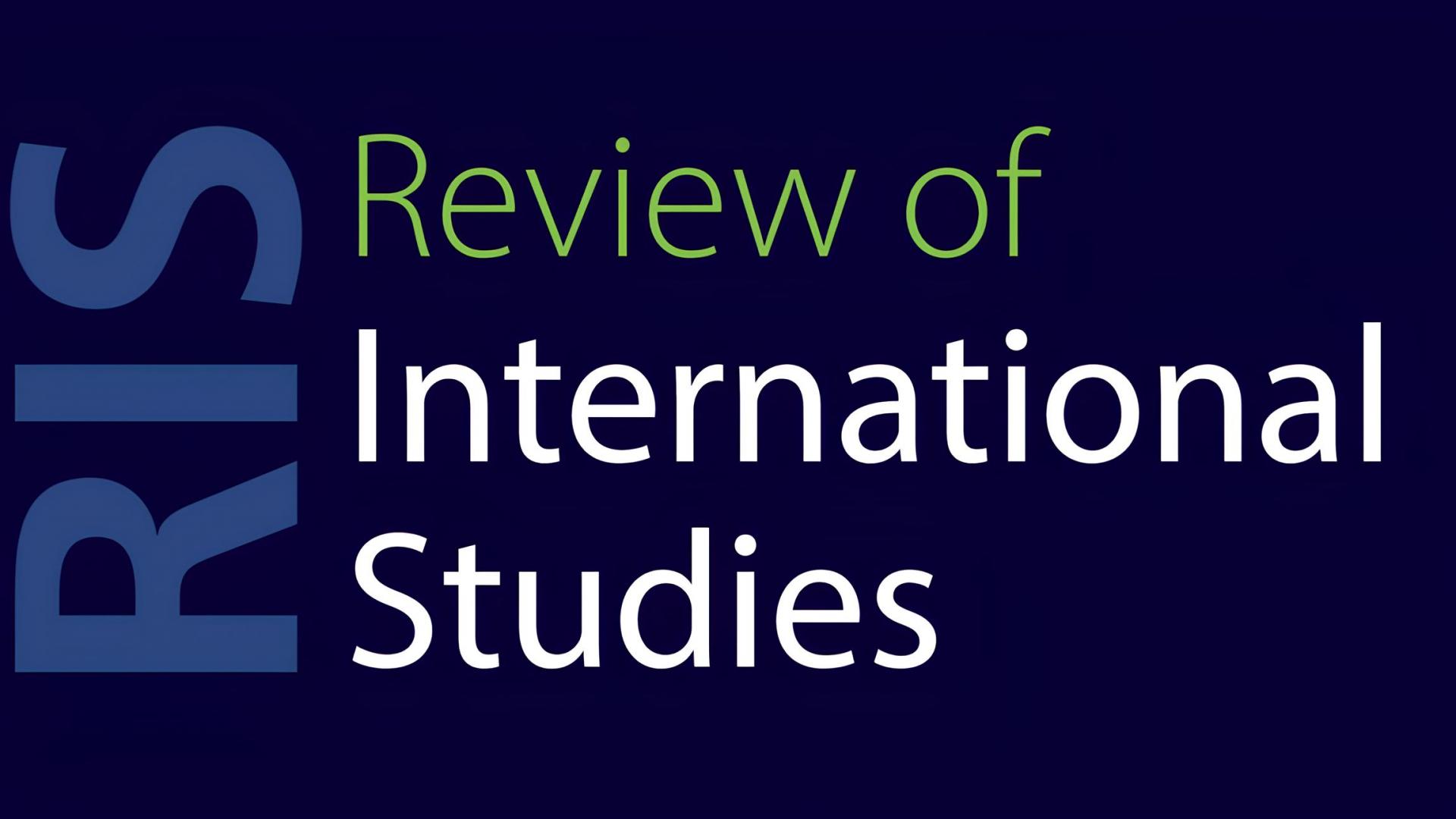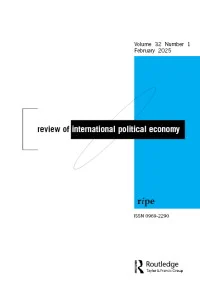Research
Susan Strange meets the everyday: The mundane sources of structural power
Review of International Studies, 2025, 1-20.

Scholars continue to demonstrate the enduring relevance of structural power when analysing contemporary international affairs such as US–China rivalry, transformations of global finance, and the increasing significance of cyber power. Yet, in this paper, I find that the everyday foundations of structural power remain vastly unexplored. While work on structural power and everyday research might be seen as oppo- sites, I argue that there are important interactions between these two approaches to international power. Everyday forces and everyday agents constantly inform and shape structural power. This highlights a mutu- ally dependent relationship between power in the international system and the everyday. In this paper, I therefore advance a new theoretical framework that explores these links between the mundane dynamics of the everyday and world affairs. It conceptualises the state as a mediator between the two levels and stresses how a perceptual selectivity favours certain parts of the everyday over others. I illustrate the usefulness of this theoretical approach and the continued relevance of structural power by exploring how intersections between everyday life and patterns of production in parts of the US have contributed to recent disruptions to American structural power and the way it is being deployed on the international stage.
Overcoming methodological statism: new avenues for hegemony research
Review of International Political Economy, 2025, 32(1), 242–257.

The course of contemporary international affairs has catapulted the scholarship on inter-state hegemony into an important period of progress and development. Forwarded as Hegemony Studies 3.0, a new and ambitious research program has consolidated these scholarly endeavors and emphasized the interconnectedness between hegemony and international order. In an attempt to advance this research agenda even further, I argue that Hegemony Studies 3.0 currently limits itself from realizing its full potential by conceptualizing hegemony too narrowly. Consequently, I find that hegemony research in its present form suffers from widespread methodological statism. This is evident in the way the analytical and methodological strategies of the scholarship equate the entirety of the domestic sphere of the hegemon with the state and its formal institutions. Moving onwards, I suggest a much broader conceptualization of hegemony and point toward avenues ahead for the scholarship which are inspired by the everyday turn in International Political Economy and the general (re)historicization of the field. These ways forward open up a myriad of new paths of research for hegemony scholars to explore.
Work in progress
Destabilizing perceptions of inequality: how economic polarization influenced the demise of the gold standard
Working paper